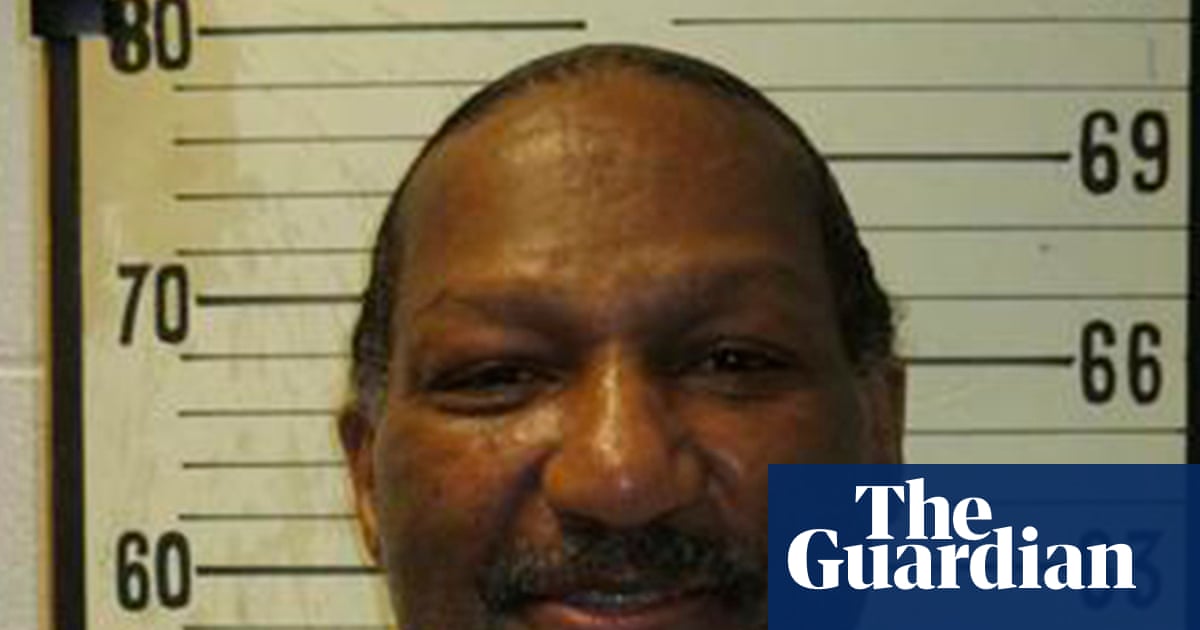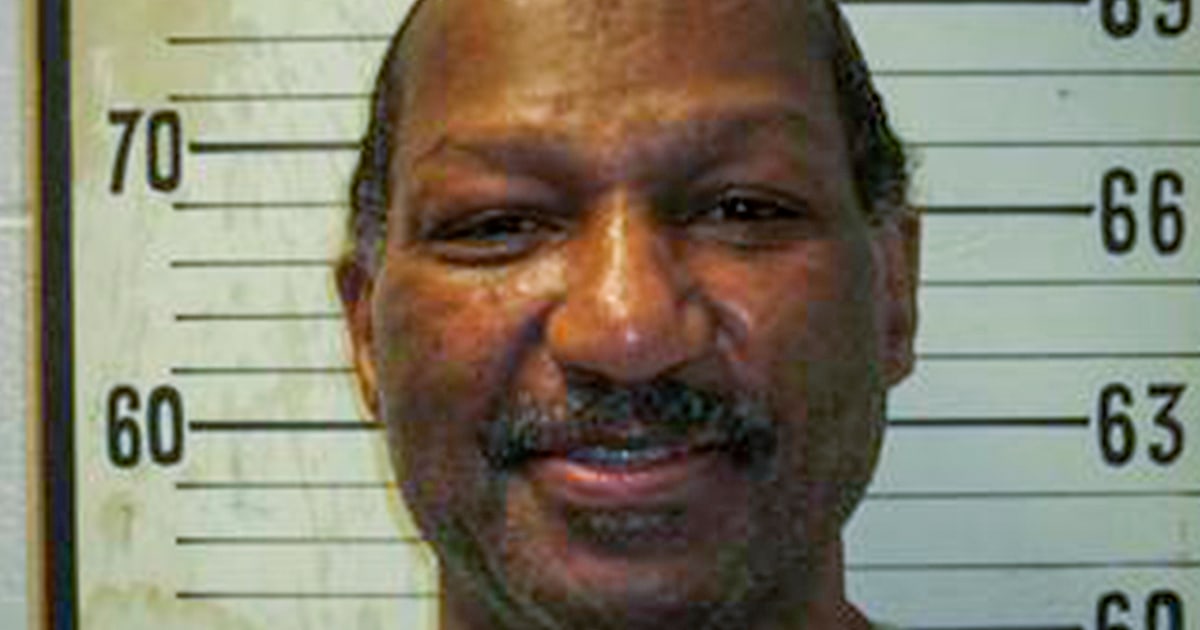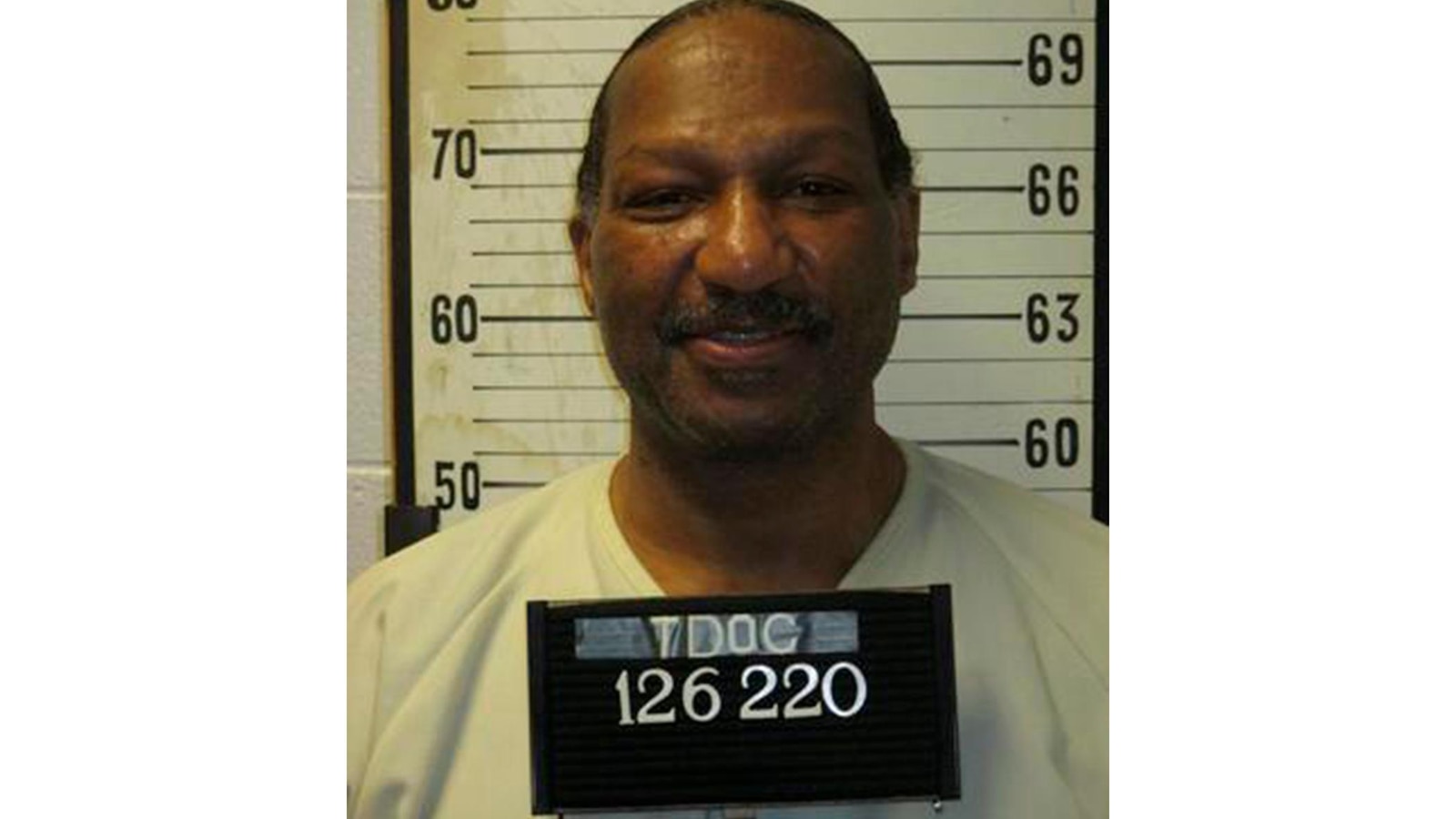Byron Black's Execution Proceeds Amid Health Concerns and Legal Battles in Tennessee
Byron Black, 69, faces execution in Tennessee for a 1988 fatal shooting, despite severe health issues and legal challenges regarding his mental competence and defibrillator.
Subscribe to unlock this story
We really don't like cutting you off, but you've reached your monthly limit. At just $5/month, subscriptions are how we keep this project going. Start your free 7-day trial today!
Get StartedHave an account? Sign in
Overview
- Byron Black, 69, is scheduled for execution in Tennessee for a 1988 fatal shooting, despite suffering from severe health conditions including dementia and heart failure.
- A key concern is Black's implanted defibrillator, with his attorneys arguing it could prolong the execution or cause pain, though a court agreed to deactivate it.
- Black's legal team unsuccessfully appealed to the U.S. Supreme Court, citing his mental incompetence, after the Tennessee Supreme Court overturned a lower court's halt.
- The state of Tennessee disputes claims that the lethal injection drug, pentobarbital, would cause the defibrillator to shock Black, asserting it would render him unresponsive.
- This case highlights broader ethical debates, as major medical organizations maintain codes prohibiting their members from participating in executions, emphasizing patient welfare.
Report issue

Read both sides in 5 minutes each day
Analysis
Center-leaning sources frame this story by emphasizing the controversial aspects of the execution, particularly concerns about the inmate's intellectual disability and the potential for a "torturous" process due to his heart device. They prioritize the arguments of his legal team and spiritual advisor, creating a narrative that questions the execution's propriety.
Articles (7)
Center (4)
FAQ
Byron Black suffers from severe health conditions including dementia, heart failure, and has an implanted heart defibrillator, which his attorneys argue could cause a painful or botched execution if not deactivated.
Black's legal team appealed to courts including the Tennessee Supreme Court and the U.S. Supreme Court to halt the execution on grounds of his intellectual disability and risks posed by his defibrillator; however, all appeals were denied, and courts allowed the execution to proceed.
Tennessee officials maintain that the lethal injection drug pentobarbital will render Byron Black unresponsive, and the defibrillator will not cause an above-normal risk of pain or shock, allowing the execution to proceed safely without deactivating the device.
The 2002 U.S. Supreme Court ruling in Atkins v. Virginia prohibits execution of persons with intellectual disabilities; although experts agree Byron Black is intellectually disabled, legal procedural barriers in Tennessee have prevented this from stopping his execution.
The case highlights ethical debates about the death penalty, especially concerns from medical organizations that prohibit member participation in executions to protect patient welfare, emphasizing potential torture and medical complications related to executions.
History
- 3M

 3 articles
3 articles





